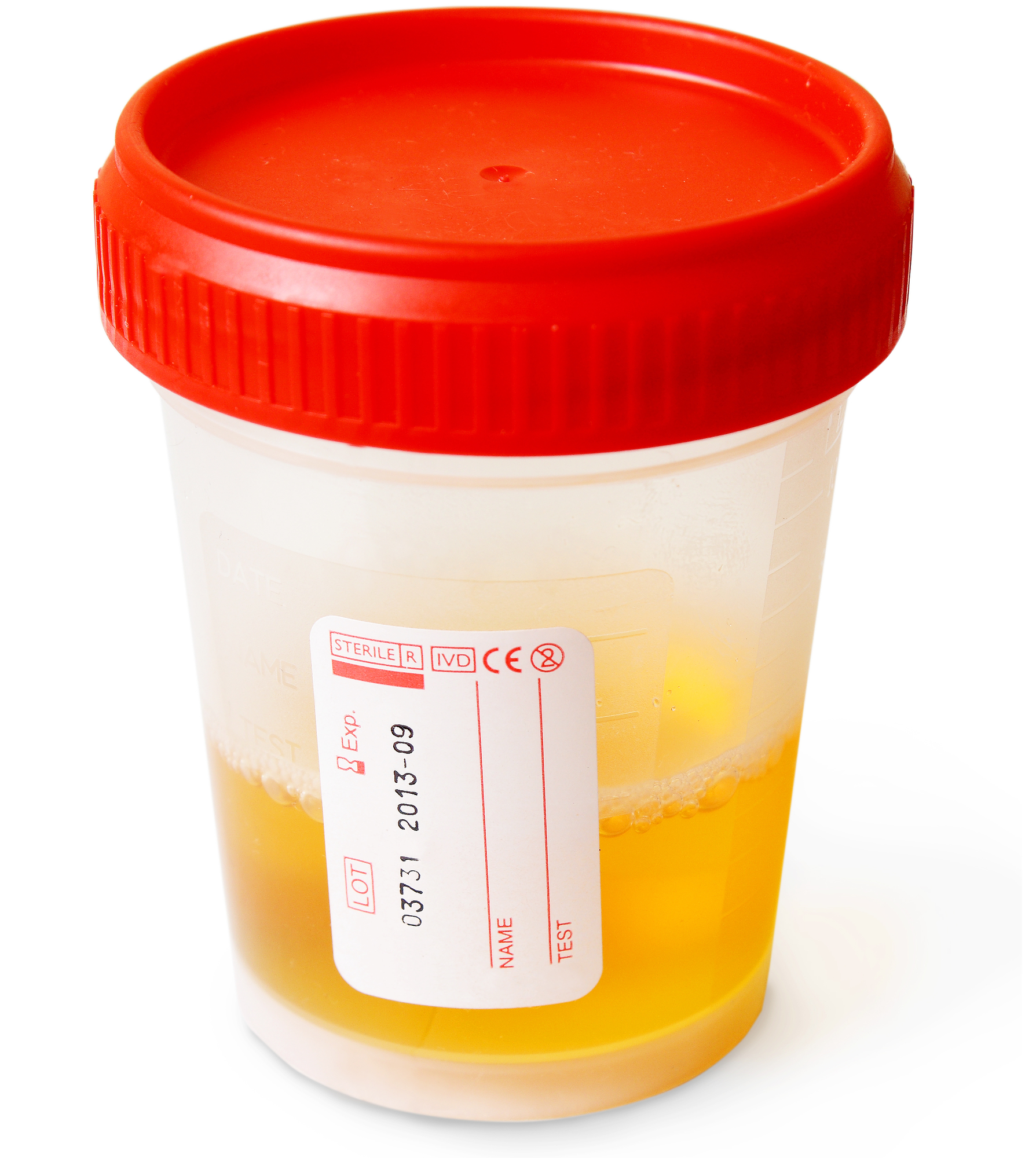Same Day Shipping. Quick Response. Call us at 800.232.2403.
Menu
Menu

There are several things about urine drug tests that individuals are often unaware of. The information below is meant to provide you with different must-know facts about urine drug tests — to help educate individuals and correct any misconceptions or misunderstandings.
According to MedlinePlus, urine testing is the most common form of drug testing used. While each respective type of drug test has its advantages and disadvantages, many believe that urine tests are popular because they are simple, straightforward, and can be customized to test for specific types of drugs.
Additionally, urine analysis is the only type of drug testing that is federally approved for pre-employment drug screening or safety-related workforce issues that require a workers’ compensation claim.
Many individuals only encounter a drug test when it comes to employment. Since pre-employment drug screenings are generally urine tests, many are under the impression that it is the only drug testing method. There are several other different types of drug tests available — they include:
Unlike some other methods of drug testing — such as a blood test — a urine analysis can be done in several different settings. They can be done by a professional in a clinical setting, by your employer at your place of work, by a medical professional in a healthcare setting, or on your own in the comfort of your home. Many individuals doubt the accuracy of at-home drug tests, but they are extremely accurate.
Urine tests detect recent use and they cannot determine the difference between a one-time user or a habitual user. The amount of time that a urine test can detect drugs depends on many things — these factors include:
Some tests are limited with what types and how much of a substance they can detect. For example, breathalyzer tests can only test for alcohol levels — not how recently alcohol has been consumed. Urine tests can be customized to test for most types of drugs, the most common being:
Different drug tests cost varying amounts of money. Urine testing is considered one of the cheapest drug testing methods available and that is one of the reasons that employers choose urine tests to drug test prospective employees. Most urine tests cost between $10 and $60 (depending on the number of drugs being tested for) while other forms of drug testing like blood tests, sweat tests, and hair follicle tests can cost upwards of $200.
Although urine tests are becoming more and more sophisticated, they aren’t foolproof. It is also not unheard of for individuals to receive false positives or false negatives. Additionally, some individuals have made claims that they have had success with different types of “cheating” methods like synthetic urine, urine adulterants, or detox drinks — although there is no proven method for “cheating” a drug test.
There is a common misconception that urine testing is only used for employment purposes, but that is not the case. There are numerous reasons why urine testing is used, for example:
Urine samples don’t last forever. In most cases, you will not have to worry about this because they will test your urine on the spot. But if your urine sample is being tested at a later time, or it is being sent off to a lab, it will need to be properly sealed and stored. Regardless of if you store the urine sample properly, the sample will no longer be viable after 24 hours
Be sure to store your urine sample containers in a sealed plastic bag and keep it refrigerated around 40 degrees Fahrenheit. If the urine sample is not properly stored, the bacteria found in your urine sample will multiply and this can affect the results.
Unlike other types of drug testing methods, urine samples can offer instant results. Rapid urine tests can generate results in as little as five minutes while other types of drug testing methods that are sent off to a lab can take multiple days to process your results.